Monday, May 30, 2022
Every year, as soon as the fine weather begins, the mares periodically become more nervous. nervous and moody. These behavioral changes are linked to the return of their heat. Equivalent to menstruation in women, heat is a familiar phenomenon to all riders. But do you really know the heat cycle of a mare? Do you know what the signs that your mare is in heat? In this article, we explain everything you need to know about mares in heat.
A mare's heat cycle is different from that of a woman. Here's how it works:

The mare's cycle lasts 21 or 22 days. It consists of two alternating phases. The first phase is the heat periodcalled oestrusduring which she can mate. The second phase is when the mare rejects the stallion and is called interoestrus.
Heat lasts about 4 à 7 days depending on the mare, and are repeated every every 3 weeks. On the other hand, the mare does not go into heat during the winter period. They only come into heat fromApril to October. Why is this? Because heat is linked to daylight. daylight. With less daylight in winter, heat is not triggered. On the other hand, as the days lengthen, daylight increases, triggering heat. The mare therefore has a seasonal cycle.
Of course, Nature is full of surprises, and mares may come into heat all year round, but this is very rare.
The first heat appears very early, generally between the ages of 12 and 18 months of age. Unlike humans, mares do not go into menopause after a certain age. They experience a reduced fertilitytheir heat comes on later and their gestation last longer. In very old mares, we even observe a complete stop over time.
Who has never heard that a mare in heat is more sensitivemore nervous and more temperamental when in heat? In fact, when mares are in heat, it affects their behavior in different ways, and more intensely from one mare to the next.
When she is in heat, the mare tends to go to camp out. This means she freezes with her back legs spread. This most often happens when she crosses a gelding or stallion. She may also lift her tail to the side. From mucusmay flow from the vulva and down the mare's thighs. It is common for spurts of urine occur. This is why mares in heat are nicknamed "pissers". This is one of the most telling signs that a mare is in heat. You may also notice a "blinking" of the vulva of your mare's vulva. On the other hand, unlike humans or dogs, mares don't bleed when in heat, as their uterine lining only thickens when fertilization occurs.
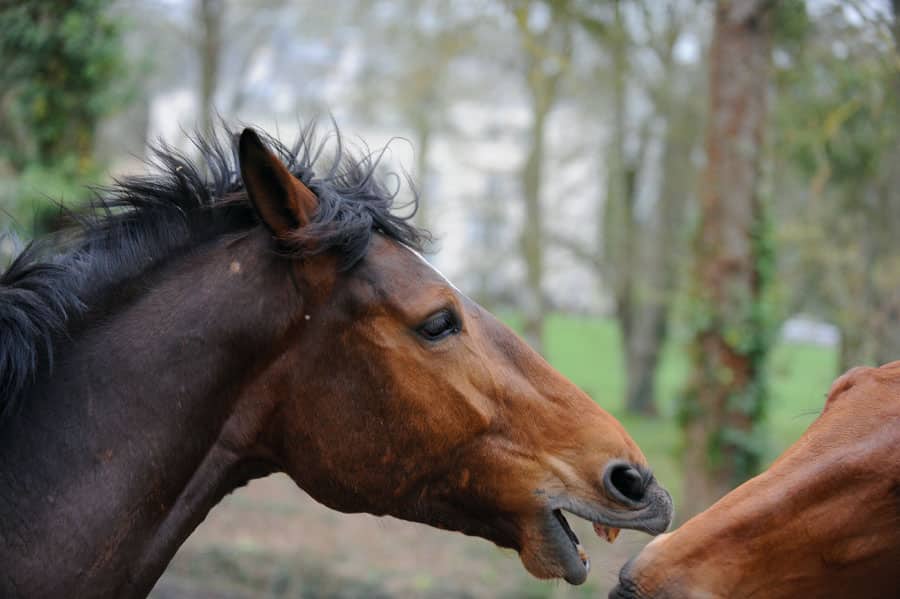
In terms of temperament, she'll be more nervous than usual, which can be seen in her whinnying. She may also be more temperamental and irritable on foot or when riding. Be careful with care and preparation, as heat can cause your mare ovarian pain.
Once again, just like women, mares do not all react in the same way to their heat and can be more or less sensitive to it. more or less sensitive.
As with female menstruation, there is no miracle cure. However, there are ways to relieve the pain and behavioral problems related to heat.
From natural treatments such as phytotherapy. Plants such as chamomilechamomile lemon balm or hop can have antispasmodic, anti-inflammatory and anxiolytic effects, helping mares to cope better with heat.
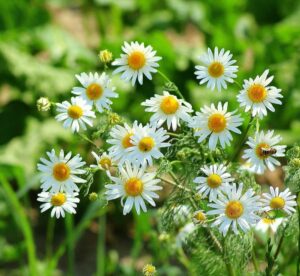
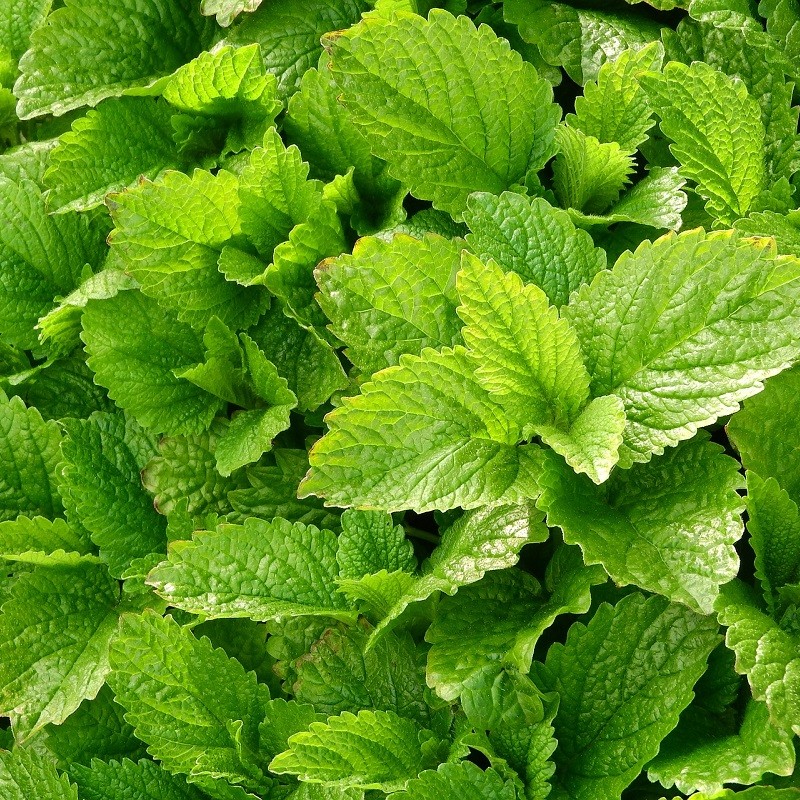
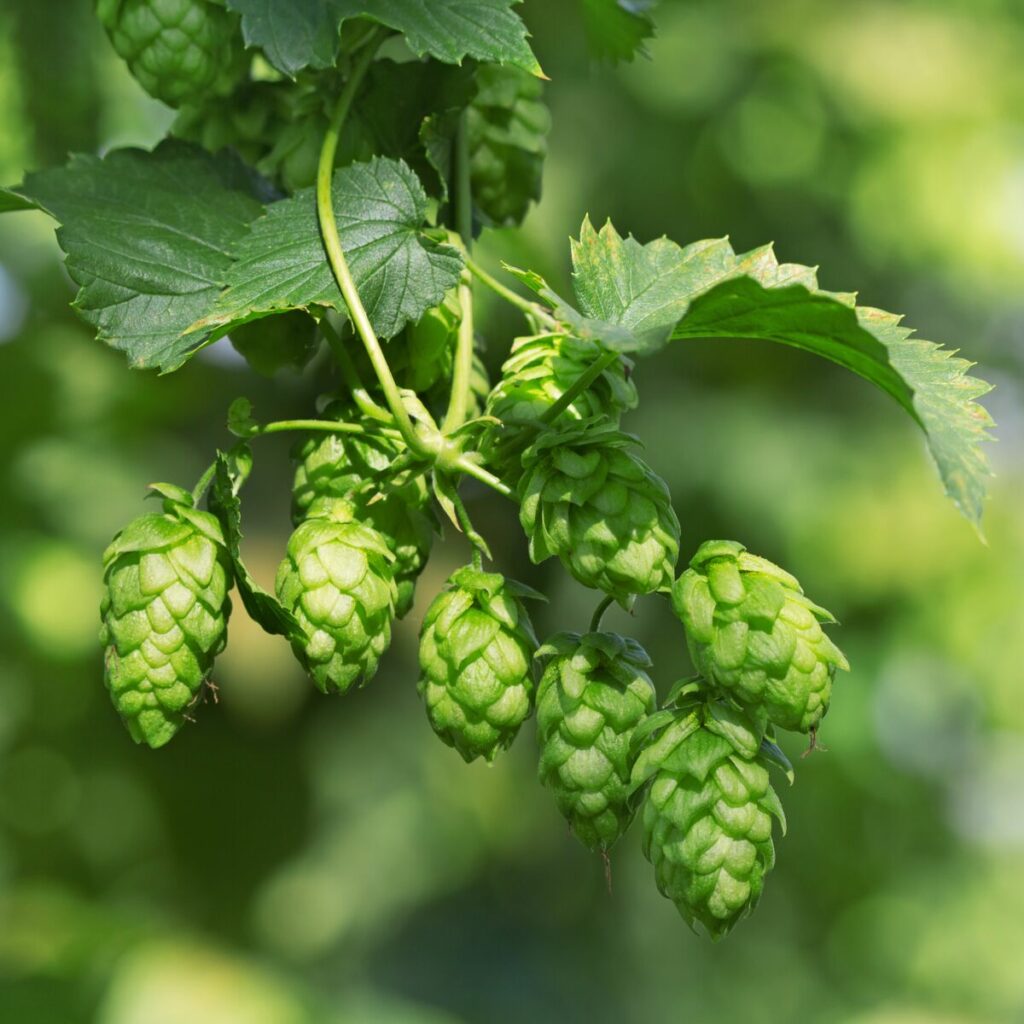
Other hormonal treatments treatments exist, such as the progressive administration ofhormones (on the same principle as contraception for women) to suppress heat. This treatment is authorized in competition.
Finally, some may opt for bilateral oophorectomy if behavioral problems behavioral problems become too severe. However, this procedure is not preferred and is most often only applied when the mare has an ovarian tumour.
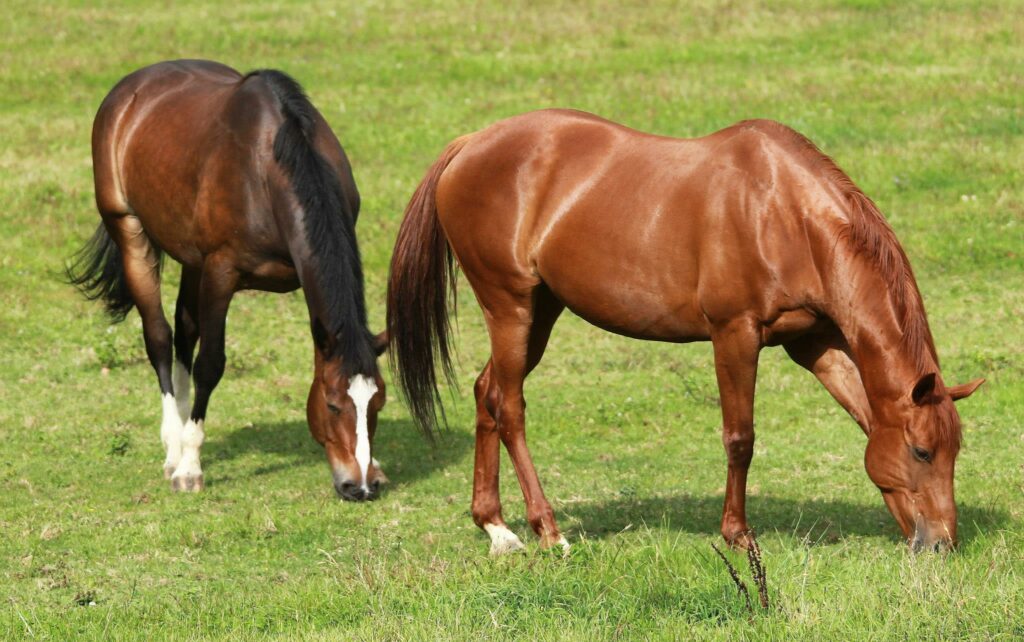
The heat cycle of the mare is short, so you'll have to deal with it regularly during the summer months. You now know the signs of the onset of heat, as well as how to relieve relieve your mare if she's not in heat. If your mare's behavioral problems go beyond heat, find out how veterinarian Eva Jonville diagnoses them in this article.
How about taking health monitoring of your horses? Thanks to CEEFIT Pulse & ECG, you can perform electrocardiograms and monitor your horse's heart rate during your sessions, so you can detect the slightest pathologies and optimize your training sessions, always with the well-being of your companion in mind.